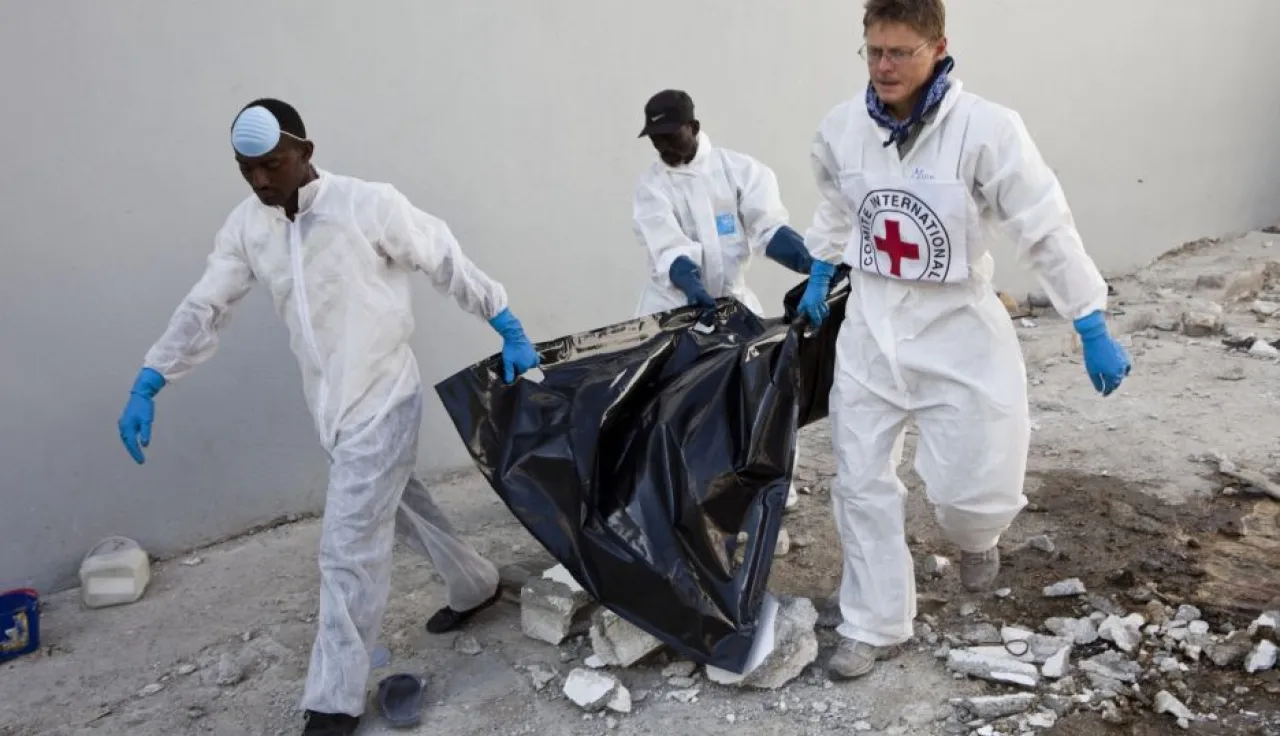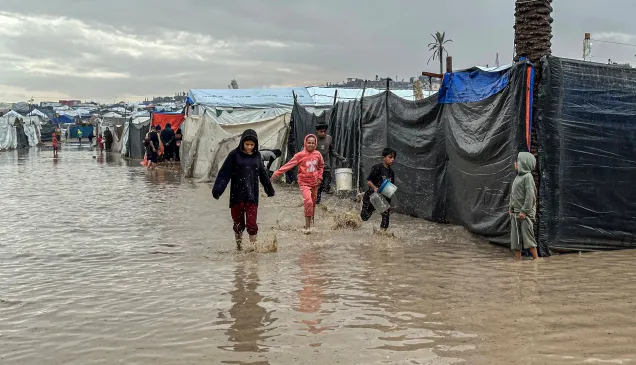Keep looking for the dead, don’t kill the hope

When people die during war or disaster, or while migrating, their bodies must be handled respectfully and with dignity; and the remains of unknown individuals must be searched for, recovered and identified.
In an interview with Haaretz Weekly Magazine, Morris Tidball-Binz, head of the humanitarian forensic identification unit of the ICRC, talks about the importance of forensic science in humanitarian action.
Read the full article in our Israel and occupied territories delegation's blog



